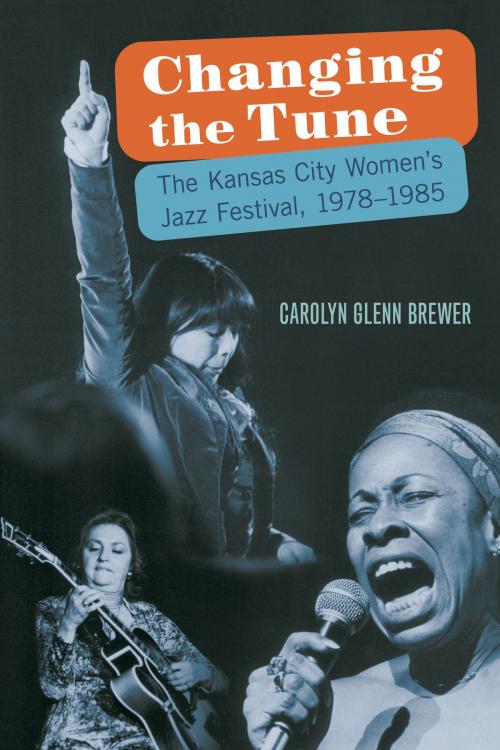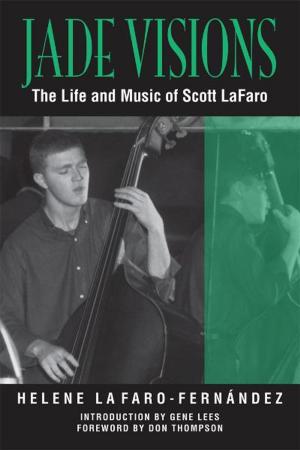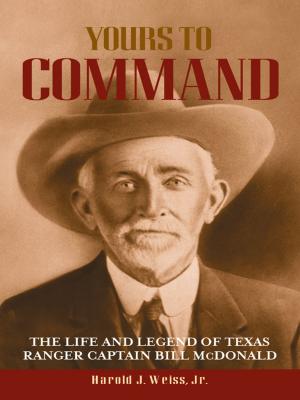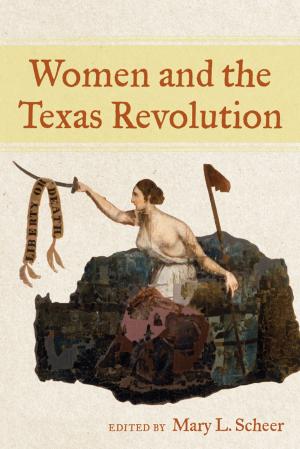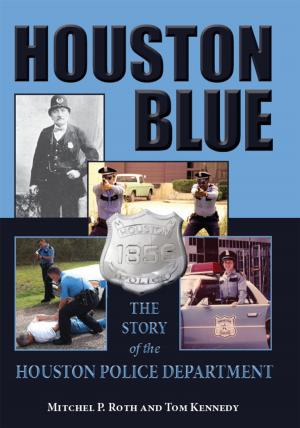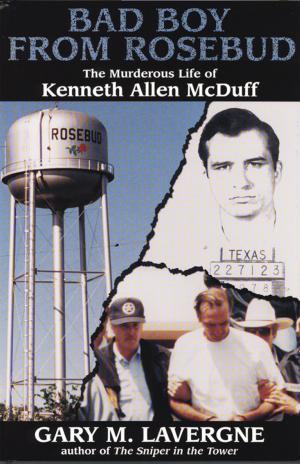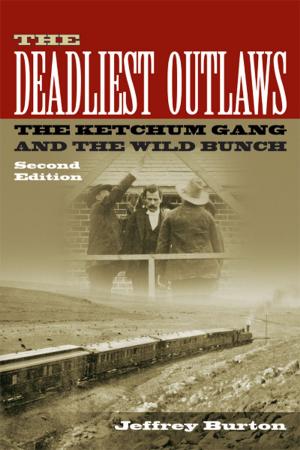Changing the Tune
The Kansas City Women's Jazz Festival, 1978-1985
Nonfiction, Entertainment, Music, Music Styles, Jazz & Blues, Jazz, Social & Cultural Studies, Social Science, Gender Studies, Women&| Author: | Carolyn Glenn Brewer | ISBN: | 9781574416794 |
| Publisher: | University of North Texas Press | Publication: | March 15, 2017 |
| Imprint: | Language: | English |
| Author: | Carolyn Glenn Brewer |
| ISBN: | 9781574416794 |
| Publisher: | University of North Texas Press |
| Publication: | March 15, 2017 |
| Imprint: | |
| Language: | English |
Even though the potential passage of the Equal Rights Amendment had cracked glass ceilings across the country, in 1978 jazz remained a boys’ club. Two Kansas City women, Carol Comer and Dianne Gregg, challenged that inequitable standard. With the support of jazz luminaries Marian McPartland and Leonard Feather, inaugural performances by Betty Carter, Mary Lou Williams, an unprecedented All-Star band of women, Toshiko Akiyoshi’s band, plus dozens of Kansas City musicians and volunteers, a casual conversation between two friends evolved into the annual Kansas City Women’s Jazz Festival (WJF). But with success came controversy. Anxious to satisfy fans of all jazz styles, WJF alienated some purists. The inclusion of male sidemen brought on protests. The egos of established, seasoned players unexpectedly clashed with those of newcomers. Undaunted, Comer, Gregg, and WJF’s ensemble of supporters continued the cause for eight years. They fought for equality not with speeches but with swing, without protest signs but with bebop. For the first book about this groundbreaking festival, Carolyn Glenn Brewer interviewed dozens of people and dove deeply into the archives. This book is an important testament to the ability of two friends to emphatically prove jazz genderless, thereby changing the course of jazz history.
Even though the potential passage of the Equal Rights Amendment had cracked glass ceilings across the country, in 1978 jazz remained a boys’ club. Two Kansas City women, Carol Comer and Dianne Gregg, challenged that inequitable standard. With the support of jazz luminaries Marian McPartland and Leonard Feather, inaugural performances by Betty Carter, Mary Lou Williams, an unprecedented All-Star band of women, Toshiko Akiyoshi’s band, plus dozens of Kansas City musicians and volunteers, a casual conversation between two friends evolved into the annual Kansas City Women’s Jazz Festival (WJF). But with success came controversy. Anxious to satisfy fans of all jazz styles, WJF alienated some purists. The inclusion of male sidemen brought on protests. The egos of established, seasoned players unexpectedly clashed with those of newcomers. Undaunted, Comer, Gregg, and WJF’s ensemble of supporters continued the cause for eight years. They fought for equality not with speeches but with swing, without protest signs but with bebop. For the first book about this groundbreaking festival, Carolyn Glenn Brewer interviewed dozens of people and dove deeply into the archives. This book is an important testament to the ability of two friends to emphatically prove jazz genderless, thereby changing the course of jazz history.
